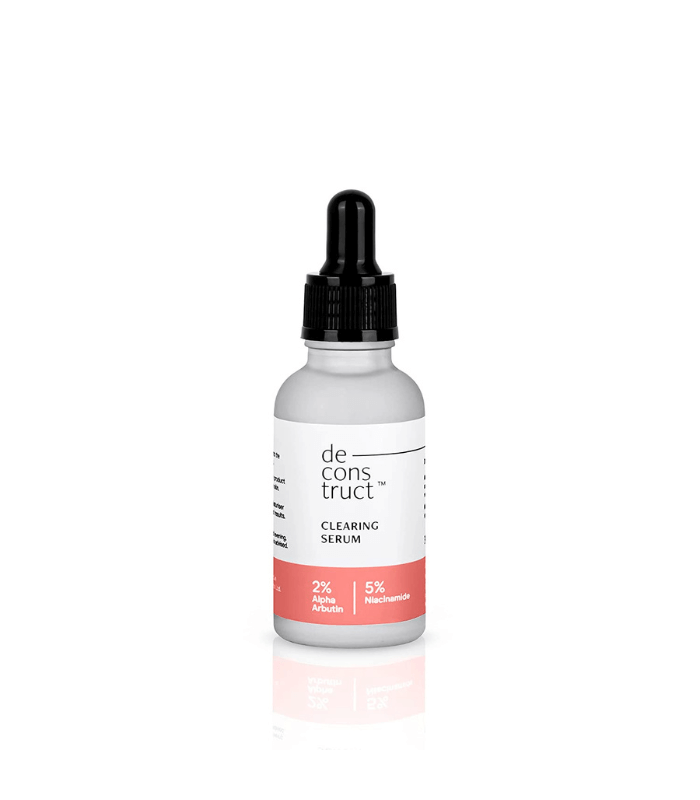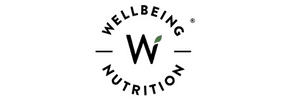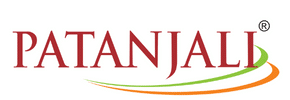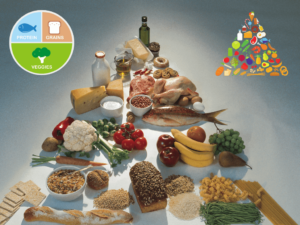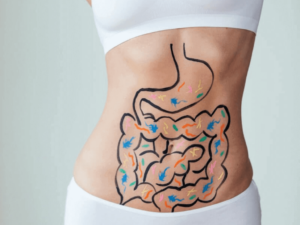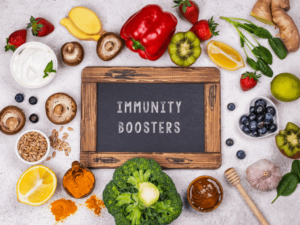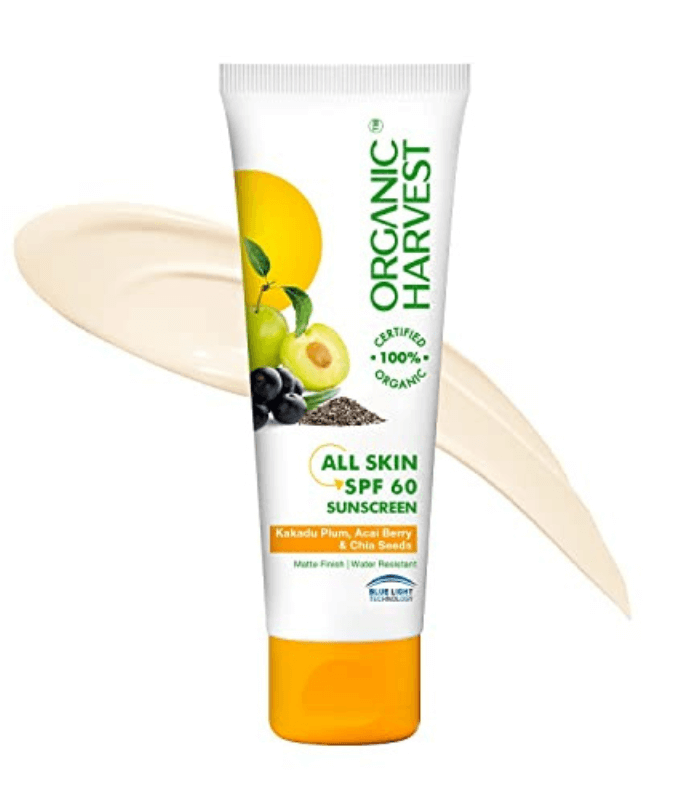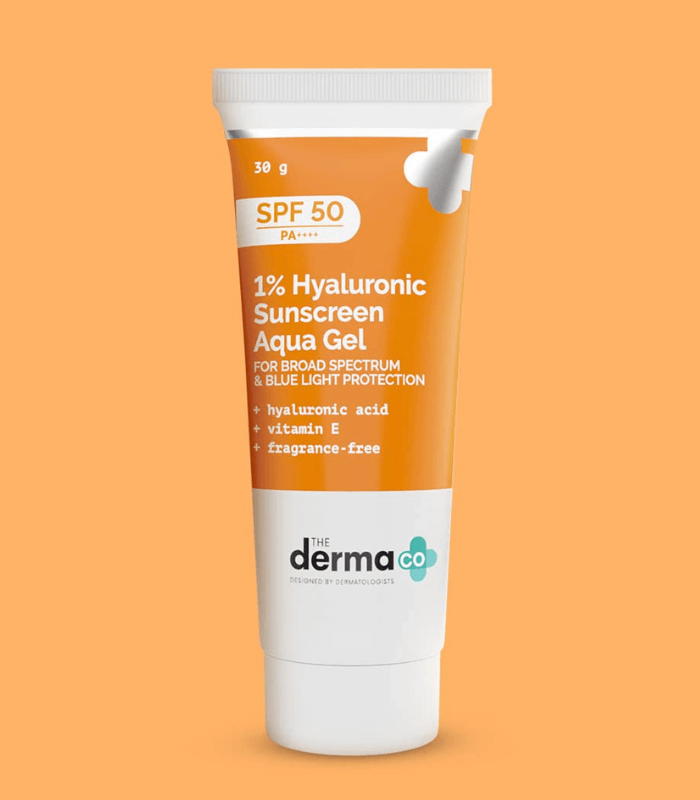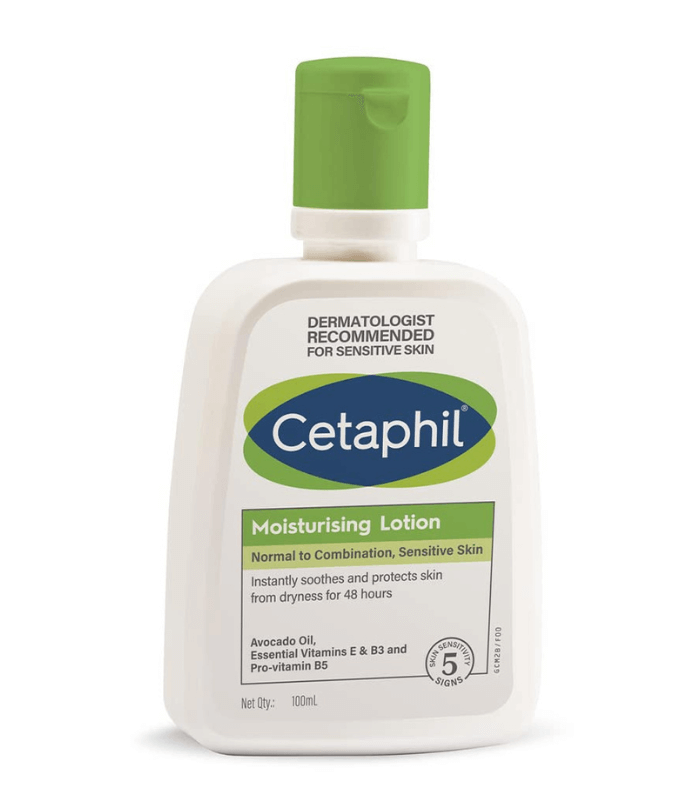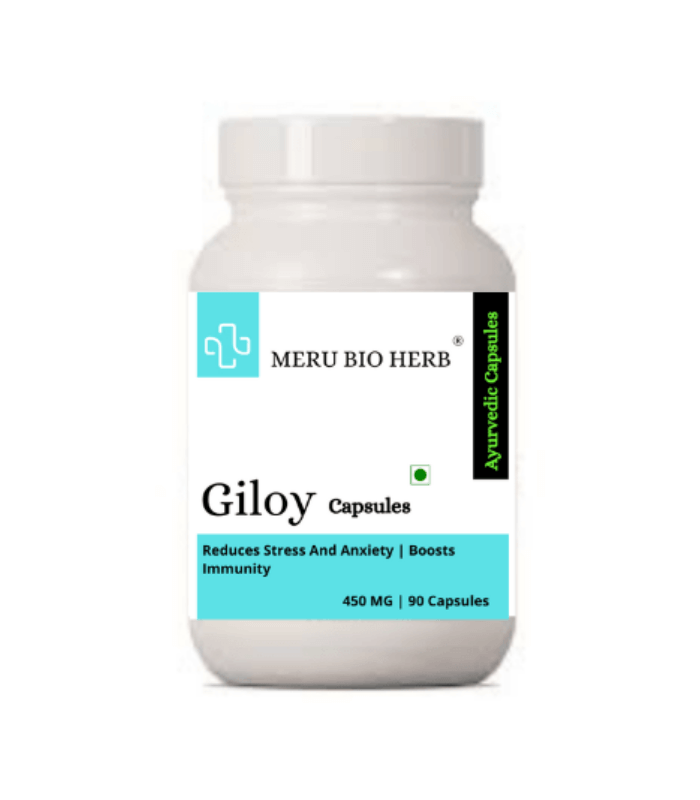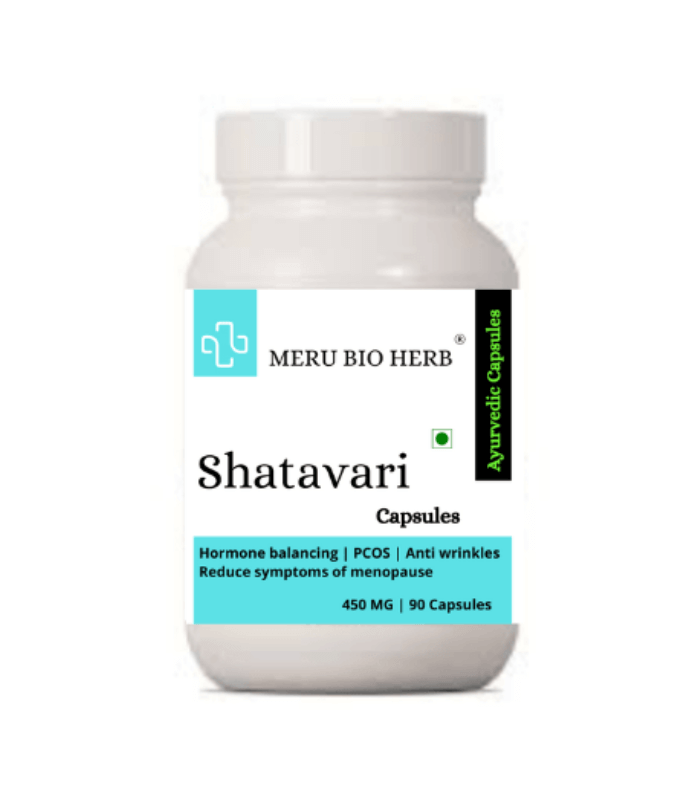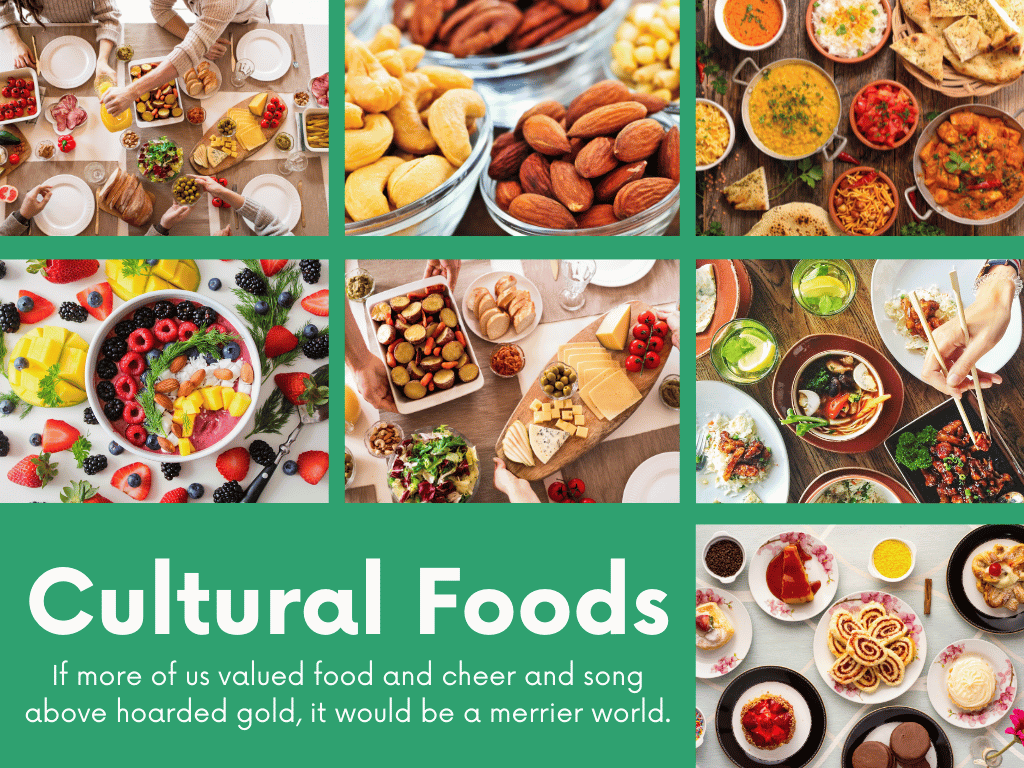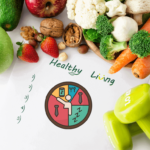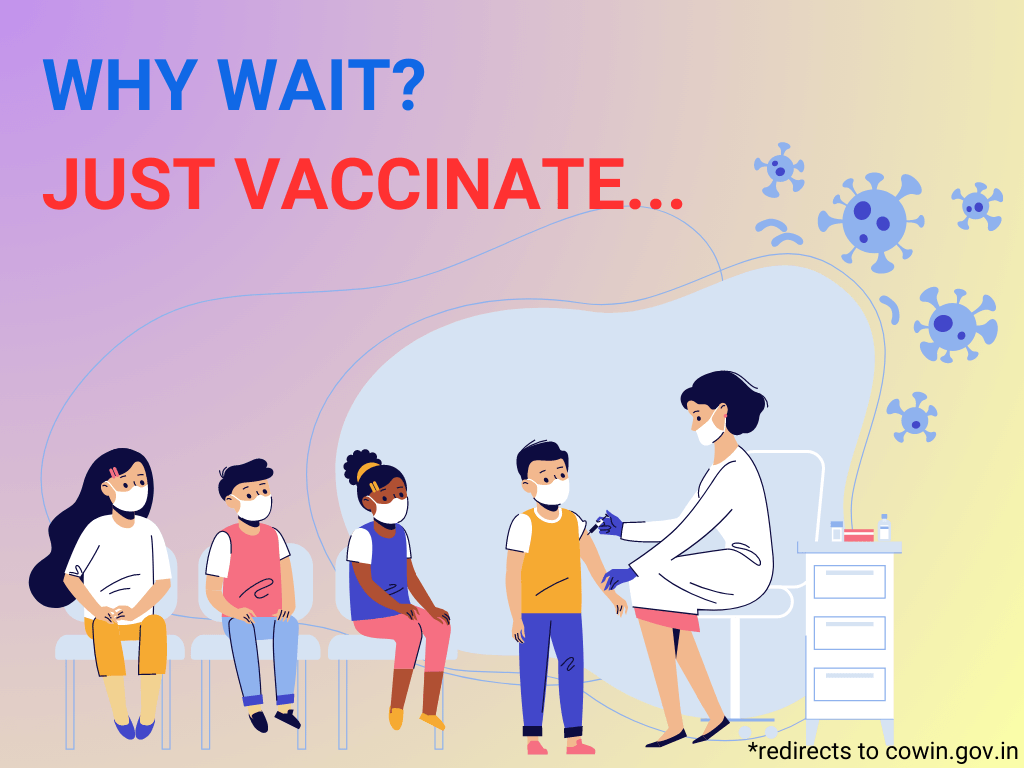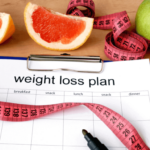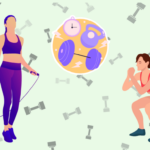As the saying goes, “HEALTHY EATING isn’t about counting fat grams, dieting, cleansers, and antioxidants; It’s about eating food untouched from the state we find it in nature in a balanced way”, which means that maintaining a healthy diet doesn’t necessarily mean to eat less. It means to eat healthy food in a balanced way. As, a healthy diet may help to prohibit certain long-term (chronic) diseases like cardiovascular disease, stroke and diabetes. It can also help you to scale back your risk of developing some cancers and assist you to maintain a healthy weight.
What makes up a healthy diet?
As a general rule, vegetables, fruits and starchy foods should provide the majority of most of your meals. The remaining part of your diet should consist of milk and dairy foods and protein foods. As we were discussing, you ought to limit the number of foods and drinks that are high in fat or sugar. A healthy diet may help to stop certain long-term (chronic) diseases like cardiovascular disease, stroke and diabetes. It can also help you to scale back your risk of developing some cancers and assist you to maintain a healthy weight. The recommendations of diet vary amongst groups of individuals, including pregnant women, people with specific health problems or those with special dietary requirements.
The dietary guidance to scale back your risk of heart condition is as follows:
- Intake of saturated fat to but 10% of total fat intake (preferably in lean meat and low-fat dairy products): Replace saturated fat with fat where possible.
- Eat at least five portions of fruit and vegetables per day (new research has suggested that we should always all aim for seven portions a day).
- Eat at least two servings of fish (preferably oily fish) per week.
- Consider regularly eating whole grains and nuts.
- Keep the quantity of salt in your diet to but 6 g per day.
- Limit alcohol intake to below 14 units per week.

What should we avoid in our diet plan?
- Processed meats or commercially produced foods (including ‘ready meals’) which tend to be high in salt and trans-fatty acids.
- Refined carbohydrates like light bread and processed cereals.
- Sugar-sweetened drinks.
- High-calorie but nutritionally poor snacks, like sweets, cakes and crisps.
Some tips and tricks for a quick and healthy meal?
Consume food rich in Carbohydrates.
- Complex carbohydrates – generally starchy foods like bread, pasta, rice and potatoes.
- Simple carbohydrates – the sweet sugary foods.
Tons are being written about what proportion of our food should be made from carbohydrates but most of the recommendations go for about one third.
Eat many fruit and vegetables.
New research suggests that eating a minimum of seven portions of fruit and vegetables daily reduces the risks of illnesses, like stroke, cardiovascular disease and a few cancers. As per the suggestions from a few leading organizations working with food and diet, having more vegetables than fruit in your diet is always the key.
Additionally, fruit and vegetables also have:
- More dietary fiber content which helps to keep your bowels healthy. Problems like constipation and diverticular disease are less likely to develop.
- Contain many vitamins and minerals, which are essential, are very essential for your health.
- An average portion of vegetables could also be a few handfuls or about 80 g.
- Alternatively, one portion of fruit or vegetables is roughly like one among the following:
- One large fruit like an apple, pear, banana, orange, or a big slice of a melon or a pineapple.
- Two smaller fruits like plums, kiwis, Satsuma’s, clementine, etc.
- One cup (or a handful) of small fruits like grapes, strawberries, raspberries, cherries, etc.
- Two large tablespoons of salad, stewed or canned fruit in natural juices.
Eat much fiber.
There are two sorts of dietary fiber:
- Soluble fiber, which is found in oats, peas, beans and lots of fruits and vegetables, dissolves in water to make a gel-like material. It increases feelings of fullness and may lower blood cholesterol and glucose levels.
- Insoluble fiber is usually found in whole grains, and also in fruit and vegetable skins. It’s not digested by the body but forms bulk within the gut, which helps to stay the bowels moving normally.
Starchy foods and fruit and vegetables have the highest fiber content. Therefore the tips above on starchy foods and fruit and vegetables also will increase fiber. Pulses such as beans also are filled with fiber. Eating higher-fiber foods can cause you to feel full for much longer, which may help if you’re trying to curb down your weight. You’re suggested to have plenty to drink once you eat a high-fiber diet (at least 6-8 cups of fluid a day).
Consume milk and dairy foods.
Milk and other dairy foods like cheese and yoghurt are truly important in your diet, as they supply calcium which is required for healthy teeth and bones. They’re also a rich source of protein and may provide other vitamins and minerals important for your health. Calcium-enriched soybean milk and fromage frais also come under ‘milk and dairy foods’. However, other similar foods like butter and cream aren’t considered as dairy foods here, as they’re also high in fat, so that they come under the fatty foods group.
To make sure that you simply have enough calcium in your diet, you would like three servings each day from this food group.
- 200 ml of milk.
- A small (150 g) pot of yoghurt.
- A 30 g serving of cheese (about the dimensions of a matchbox).
As the fat content of dairy foods can vary, confirm that you simply choose lower-fat options where possible, like skimmed or semi-skimmed milk, low-fat cheese and low-fat yoghurt.
Non-dairy sources of calcium include leafy green vegetables, tinned fish (particularly if the bones are included), dried figs, almonds, oranges, sesame seeds, seaweed and a few sorts of beans.
Non-dairy calcium must be eaten with a source of vitamin D because the body needs this to assist it to absorb the calcium. Vitamin D is often found in eggs, fish and mushrooms but is usually made within the skin by contact with sunshine.
Some foods are fortified with various minerals and vitamins, like breakfast cereals, some soya drinks and tofu. These products have vitamin D fortified to it.

Avoid having too many sugary foods and drinks.
Sugary foods and drinks are high in calories and an excessive amount of sugar may cause weight gain. It’s not just the quantity of sugar that may lead to problems. Eating too much sugary food can also lead to the cavity in teeth.
Some important tips include:
- Avoid sugar to tea, coffee and breakfast cereals. Your tastes for sweetness often change with time. Use artificial sweeteners as long as necessary.
- Reduce sugar in any of the recipes. Use fruit as an alternate for adding sweetness to recipes.
- Try sugar-free drinks.
Avoid too much salt to the plan
Too much salt increases your risk of developing various health issues. Guidelines recommend that we should always consume less than 6 g of salt a day.
Some ways to reduce salt in the system include:
- Use herbs and spices instead of salt to flavor food.
- Limit the quantity of salt utilized in cooking and avoid adding salt to food at the table.
- Choose foods labelled “no added salt”.
- Avoid processed foods, salt-rich sauces, takeaways and packet soups which are often high in salt content.

Planning healthy meals isn’t difficult. It takes only a bit of practice. In case you read the entire piece of content, you can get off to an excellent start. You are suggested not to feel discouraged if you are not able to follow the plan exactly as outlined. It’s okay to make variations that suit your lifestyle and desires. Try including healthy choices into your day—vegetables, fruit, cereals, milk, cheese. Your diet plan is your choice. You should follow a healthy diet for a healthy life, so make sure that you consume healthy food for a better tomorrow.
#diet #healthydiet #vitamin #mineral #milk #fibre #solublefibre #insolublefibre #diabetes #carbohydrates #salt #diverticulardisease #cardiacdisease #healthcare #wellness #clinqon_india


